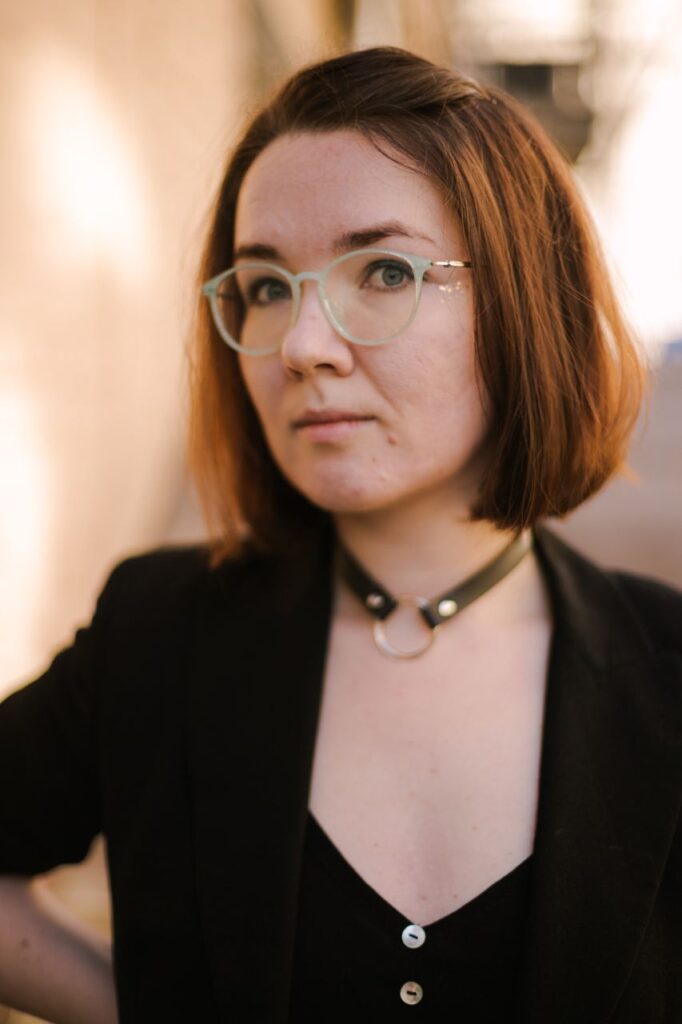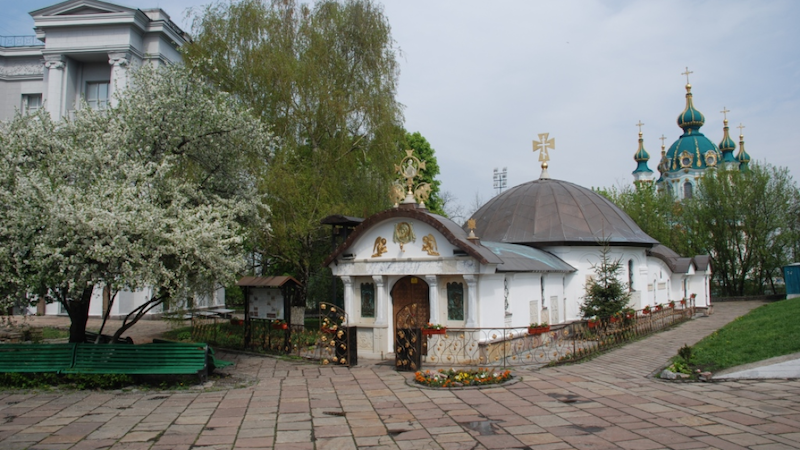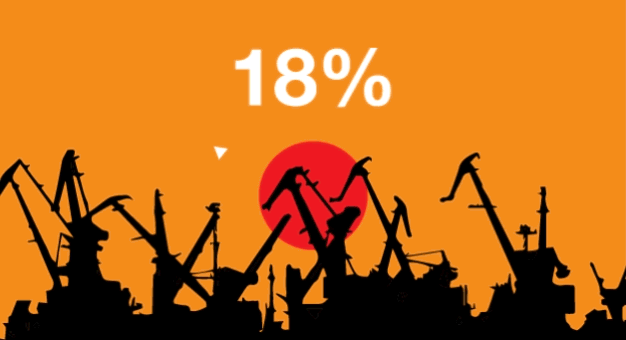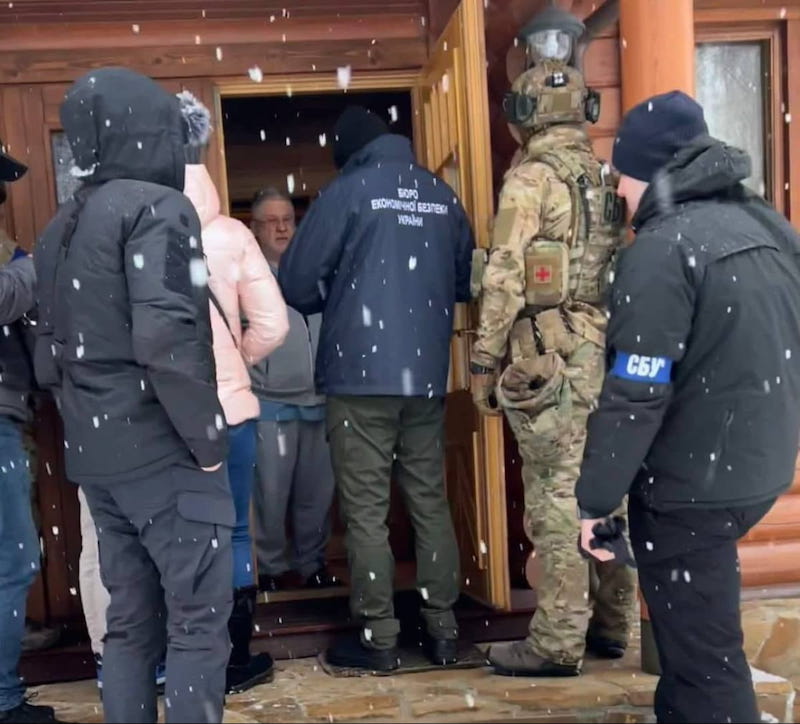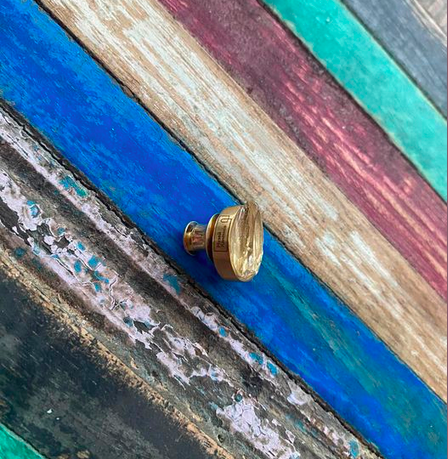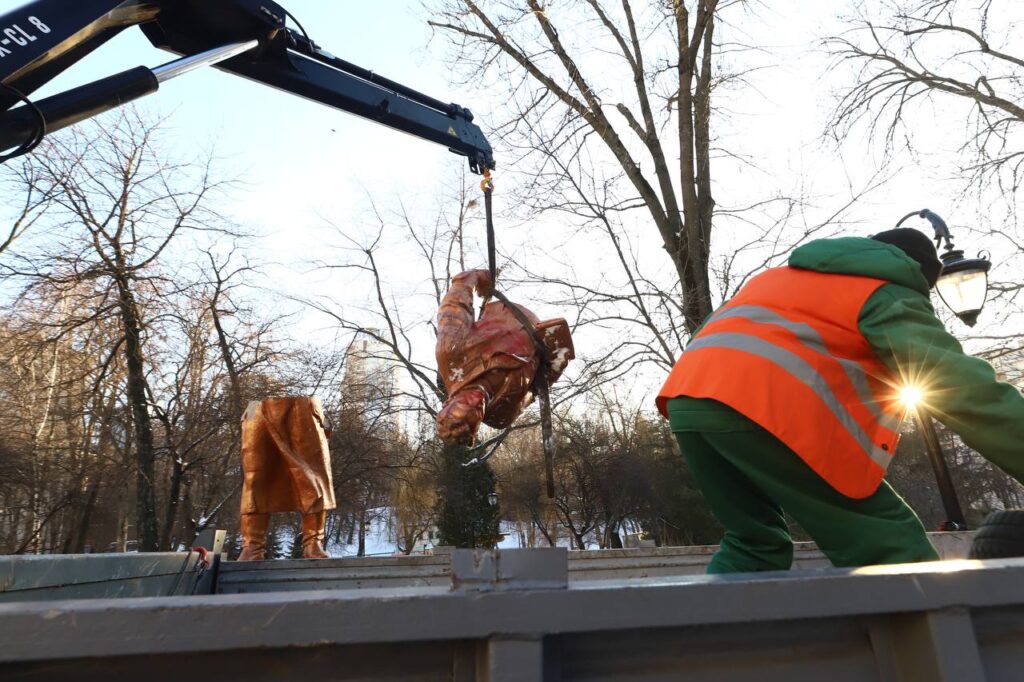In Ukrainian cities, many things can happen at the same time at 9am on a Sunday morning. Services in churches begin. Loudspeakers announce a nationwide minute of silence for those killed in the war. A message drops into an online chat room: “Russian missiles may soon be fired from the Black Sea area.”
On the morning of 19 February, church bells ring over the Kyiv hills. I’m standing a few steps away from the ancient Tithe Church. It was destroyed in 1240 when the Mongol ruler Batu Khan stormed Kyiv. At that time, people hid in the church, hoping the consecrated stone walls would protect them.
Ukraine is a secular country where the church is separate from the state. But the role of religion, and Christianity in particular, should not be underestimated. According to surveys, 44% of Ukrainians trust the church. After a year of full-scale war, however, this trust has diminished ― we now have more faith in our army than in God.
The sound of the bells carries far in the cold air. Different people gather for prayer: elderly women, a couple with a small child, and a fair-haired woman on a bicycle. An idyllic picture, if one did not know that this tiny temple, which Ukrainian journalists call a ‘kiosk’ due to its size and poor location, will soon have to be demolished. This is due to a court order. This church is part of a monastery belonging to the Ukrainian Orthodox Church of the Moscow Patriarchate (UOCMP), which remains loyal to Moscow and is, in fact, under the Russian Orthodox Church. At the head of this temple is Bishop Gideon, who was stripped of his Ukrainian citizenship in December because he had a Russian passport. Dual citizenship is illegal in Ukraine.
The nuns, dressed in black, argue about who left the green cloth under the bench. In a few minutes, the oldest nun will use it to wipe the icons. Priests will say prayers for unity and for those in captivity. In Russian. It feels like God is being lied to, shamelessly.
In August, the head of the UOCMP, Metropolitan Onufriy, received captured Russian soldiers and even blessed them. He doesn’t pay the same attention to the Ukrainian military, though. Ukraine accused one UOCMP priest of collaborating with and supporting Russia, and extradited him in the direction of Moscow. This made at least 101 Ukrainians happy, as they returned home as part of this prisoner exchange.
“Perhaps we are atheists, but we are atheists of the Kyiv Patriarchate,” some friends of mine have joked. Though they aren’t really religious, this reveals their political attitude. In 2019, pro-Ukrainian Orthodox priests founded the independent Orthodox Church of Ukraine (OCU). This was recognised by the Ecumenical Patriarchate of Constantinople, the Istanbul-based ‘higher authority’ of the Eastern Orthodox Church. Ukraine’s move was not unprecedented. In some ways, it righted a historical wrong. In 1686, the Kyiv Seat was temporarily given to the Russian church. Now this ‘temporary’ state of affairs has come to an end. Since then, the question of religious choice no longer arose for many truly devout people. However, it became impossible for worshippers to justify attending a pro-Moscow church on the grounds that it was “more legitimate” than its Ukrainian counterpart.
Only a few minutes’ walk from the “kiosk” is OCU’s St. Michael’s Golden-Domed Monastery. I still have time to go there. I listen to the priest’s Sunday sermon, standing among dozens of people. In front of me is a young man in the uniform of the Ukrainian army. On the walls hang portraits of those who died in the war, starting with the executions of the Heavenly Hundred during the Revolution of Dignity in 2014.
Sometimes the choice of where to pray not only depends on God.

